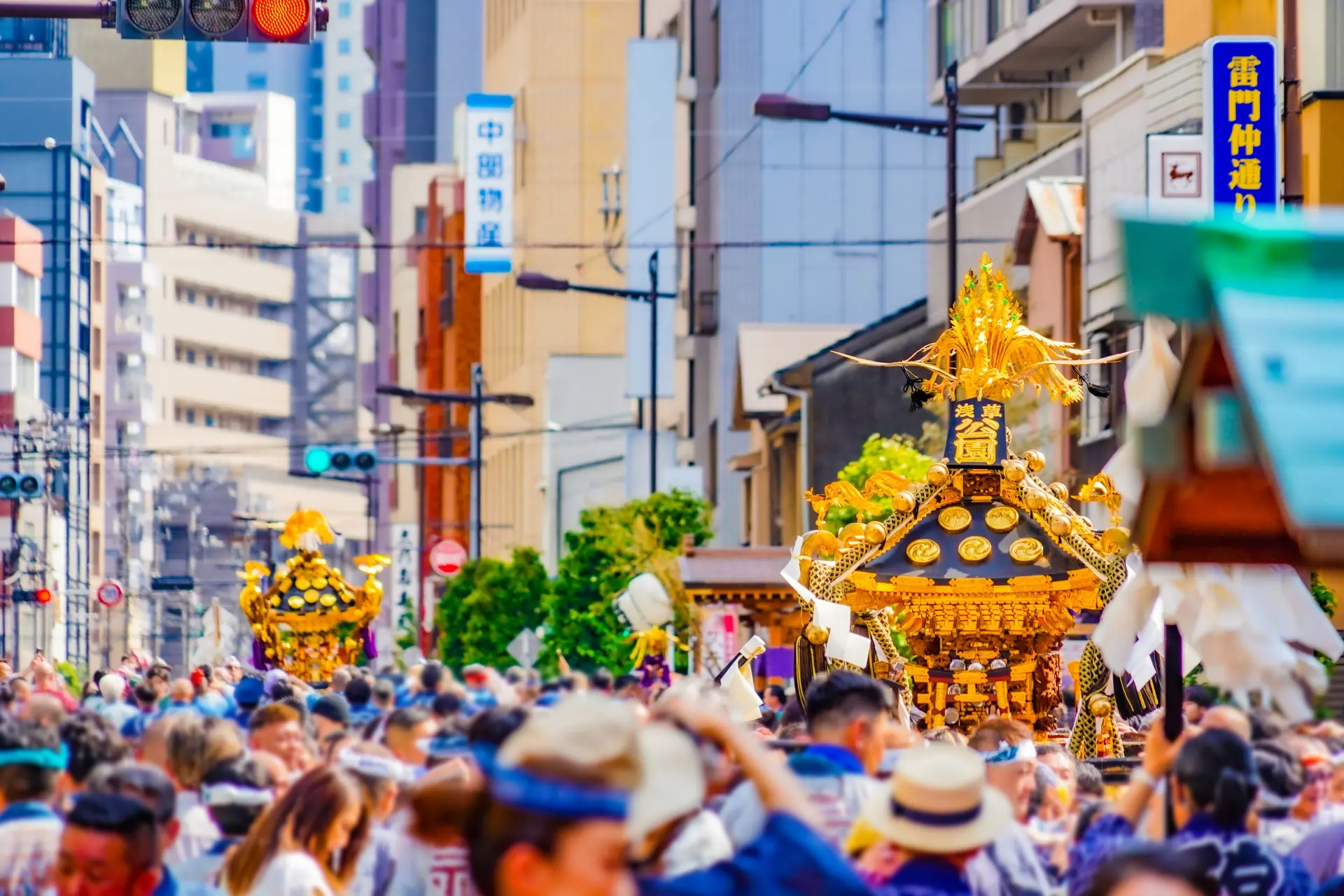Japanese holidays and festivals beautifully showcase how tradition and modernity coexist in Japan. These celebrations provide a window into the country’s rich cultural heritage, from national holidays that honor its history to vibrant seasonal festivals filled with unique stories.
Whether you’re a local or a visitor, experiencing Japanese holidays and festivals is a memorable way to connect with the spirit of Japan.
- National Holidays in Japan
- 1. New Year’s Day – January 1
- 2. Coming of Age Day – Second Monday of January
- 3. National Foundation Day – February 11
- 4. Vernal Equinox Day – Around March 20
- 5. Showa Day – April 29
- 6. Constitution Memorial Day – May 3
- 7. Greenery Day – May 4
- 8. Children’s Day – May 5
- 9. Marine Day – Third Monday of July
- 10. Mountain Day – August 11
- 11. Respect for the Aged Day – Third Monday of September
- 12. Sports Day – Second Monday of October
- Seasonal Festivals in Japan
National Holidays in Japan
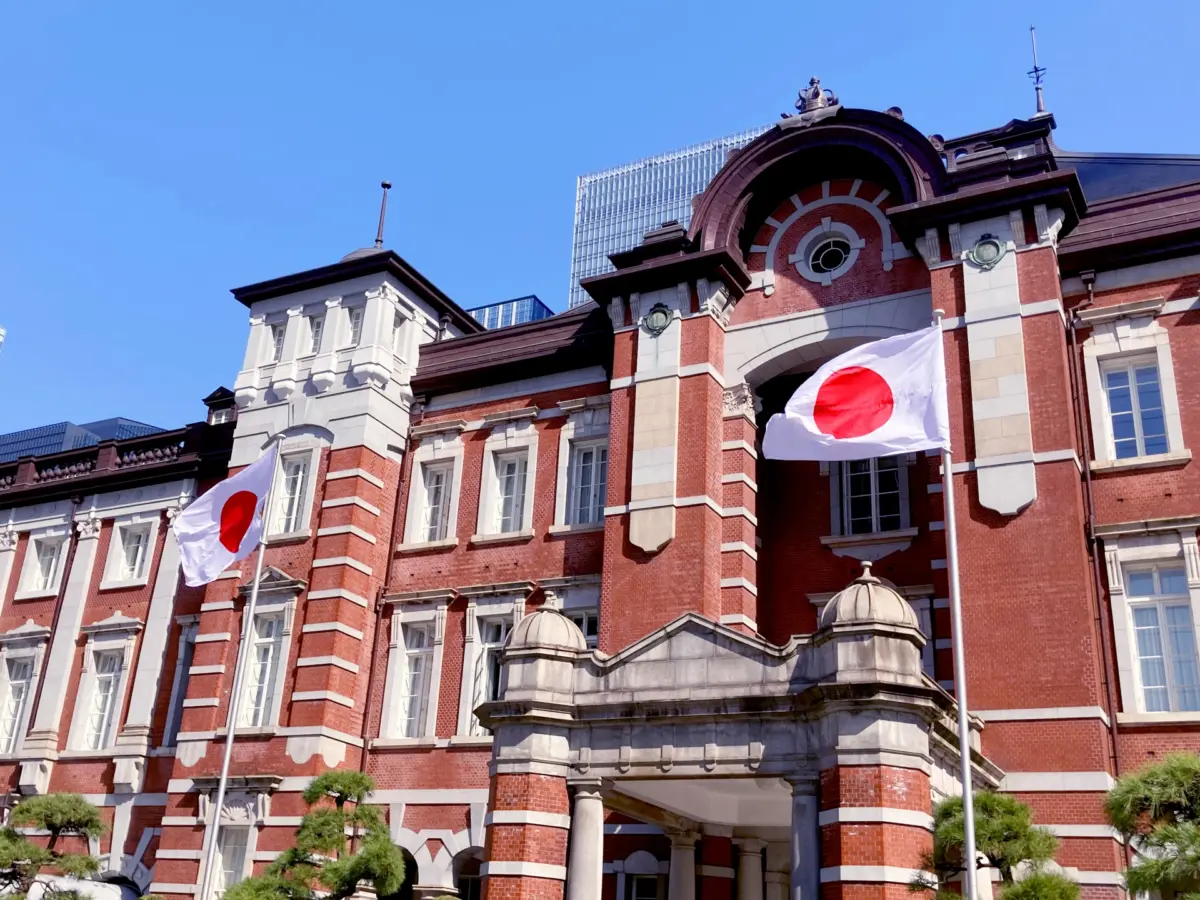
Japan’s national holidays are more than just days off—they’re opportunities to honor its history, nature, and people.
Here’s an overview of the major public holidays:
1. New Year’s Day – January 1
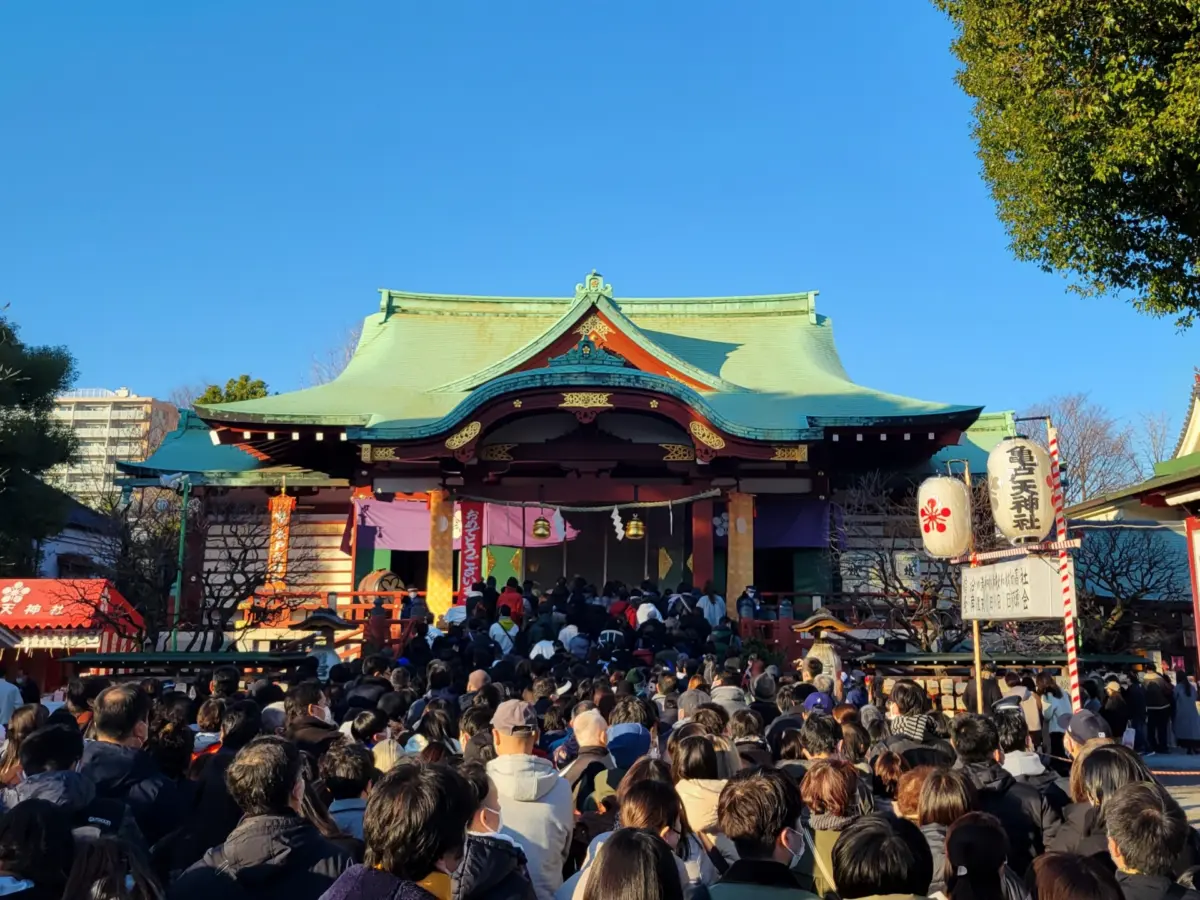
New Year’s Day marks the start of the year and is one of Japan’s most celebrated holidays.
Families prepare traditional meals called osechi-ryori and visit shrines for Hatsumode, the first prayer of the year. It’s a time for reflection, gratitude, and renewal.
2. Coming of Age Day – Second Monday of January
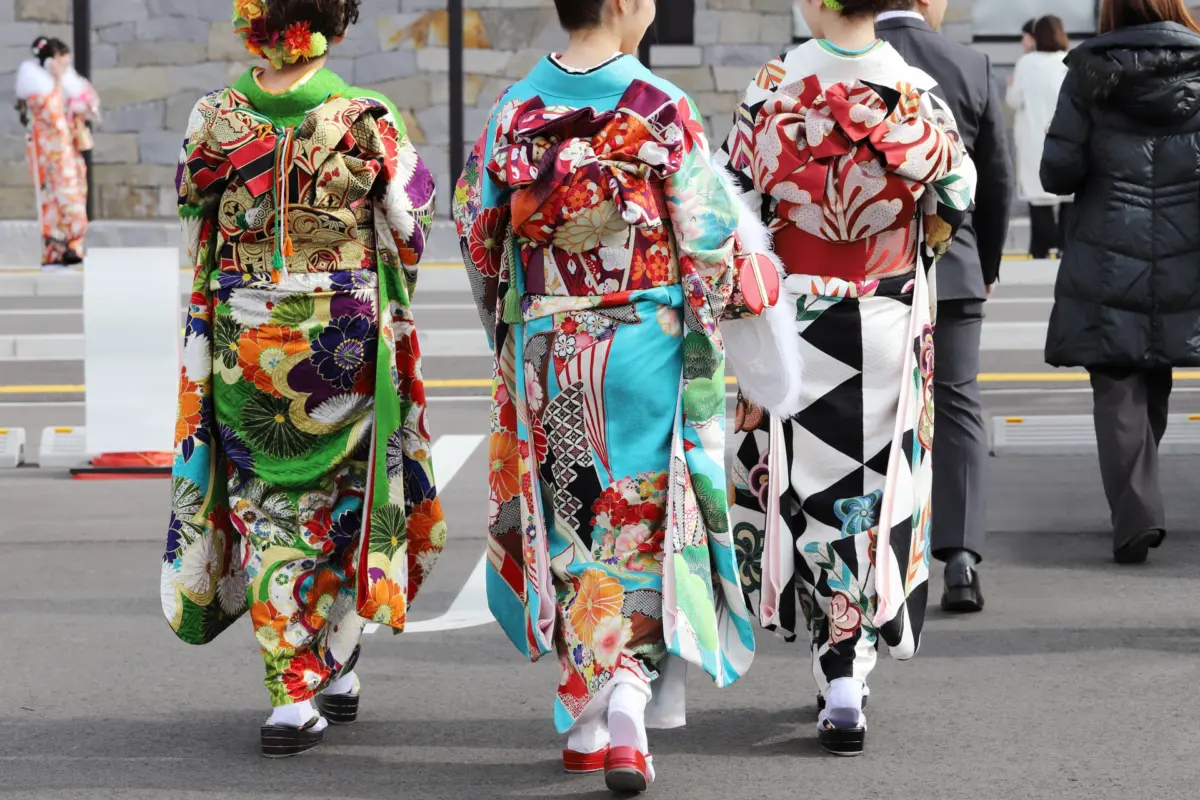
This holiday celebrates young adults who turn 18, marking their legal adulthood.
Many young women wear beautiful furisode kimono, and men often opt for formal suits. Local governments host ceremonies to honor their achievements and encourage responsibility.
3. National Foundation Day – February 11
Commemorating the mythical founding of Japan by Emperor Jimmu, this day encourages people to reflect on the country’s history and culture while fostering a sense of national pride.
4. Vernal Equinox Day – Around March 20
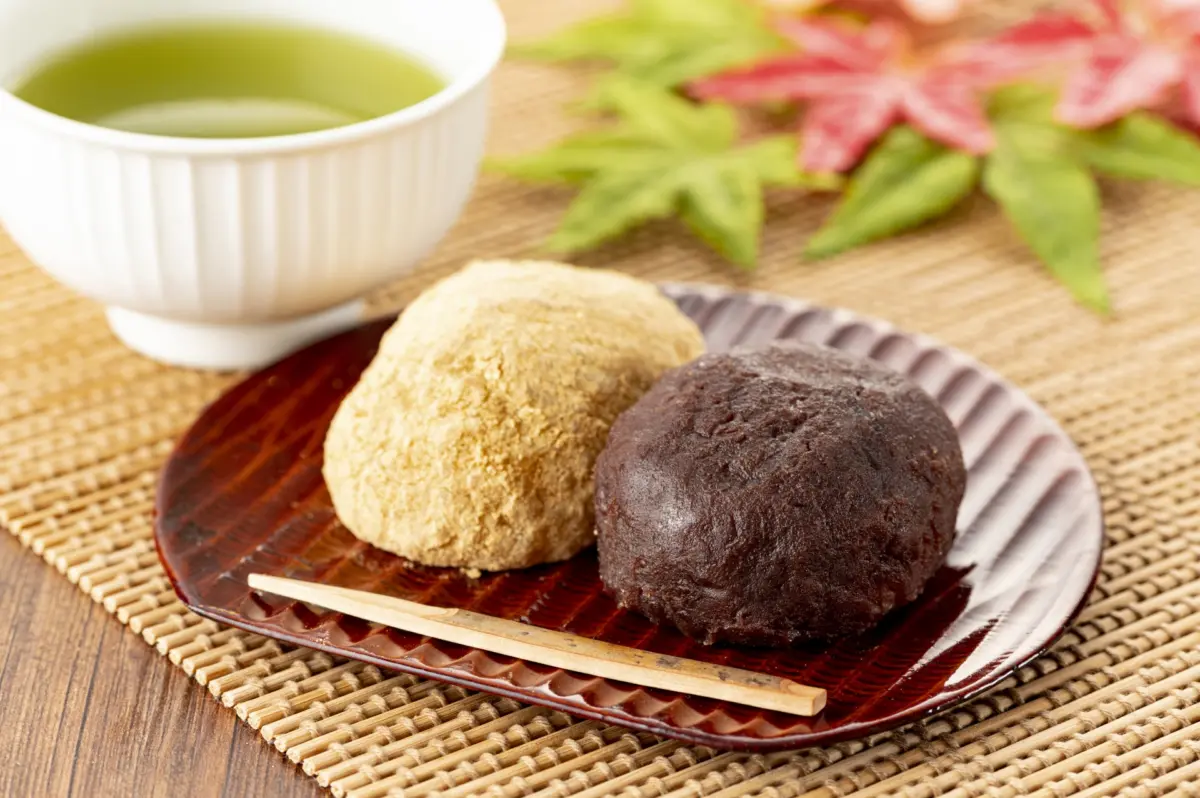
Vernal Equinox Day celebrates the arrival of spring and the beauty of nature. This day marks a shift towards longer daylight hours and is closely tied to Japan’s cultural and spiritual traditions.
Spring Equinox also coincides with the ohigan period (a Buddhist tradition of honoring ancestors during the spring and autumn equinoxes), during which families honor their ancestors by visiting graves and offering prayers.
A unique tradition during this time involves offering and eating botamochi—sweet rice cakes covered with red bean paste. It is believed that botamochi has protective qualities and can ward off evil spirits.
5. Showa Day – April 29
Showa Day honors Emperor Showa and his era, which saw significant changes in Japan’s history.
It also kicks off the Golden Week, a series of holidays that many people use for travel and leisure.
6. Constitution Memorial Day – May 3
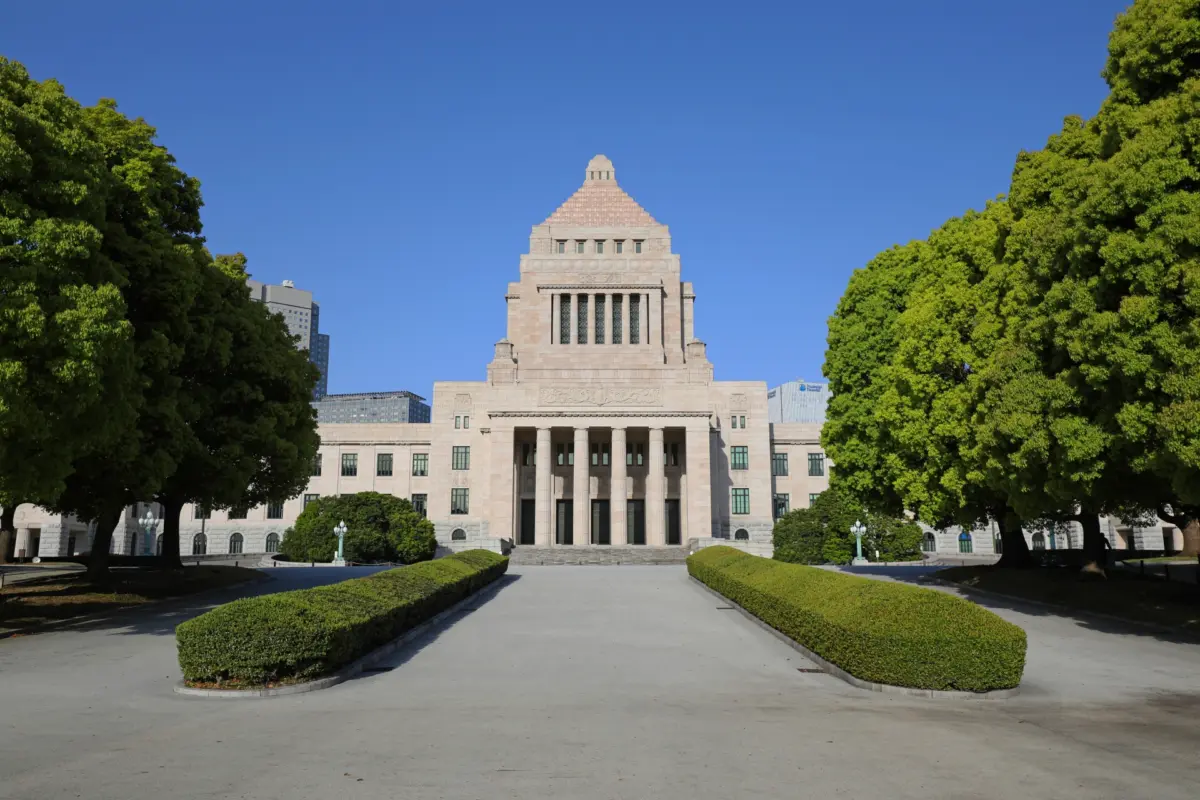
Constitution Memorial Day marks the enactment of Japan’s post-war constitution in 1947.
It is a day to reflect on the principles of democracy and peace.
7. Greenery Day – May 4
A day dedicated to appreciating nature, Greenery Day is an opportunity for people to enjoy parks, forests, and outdoor activities.
8. Children’s Day – May 5
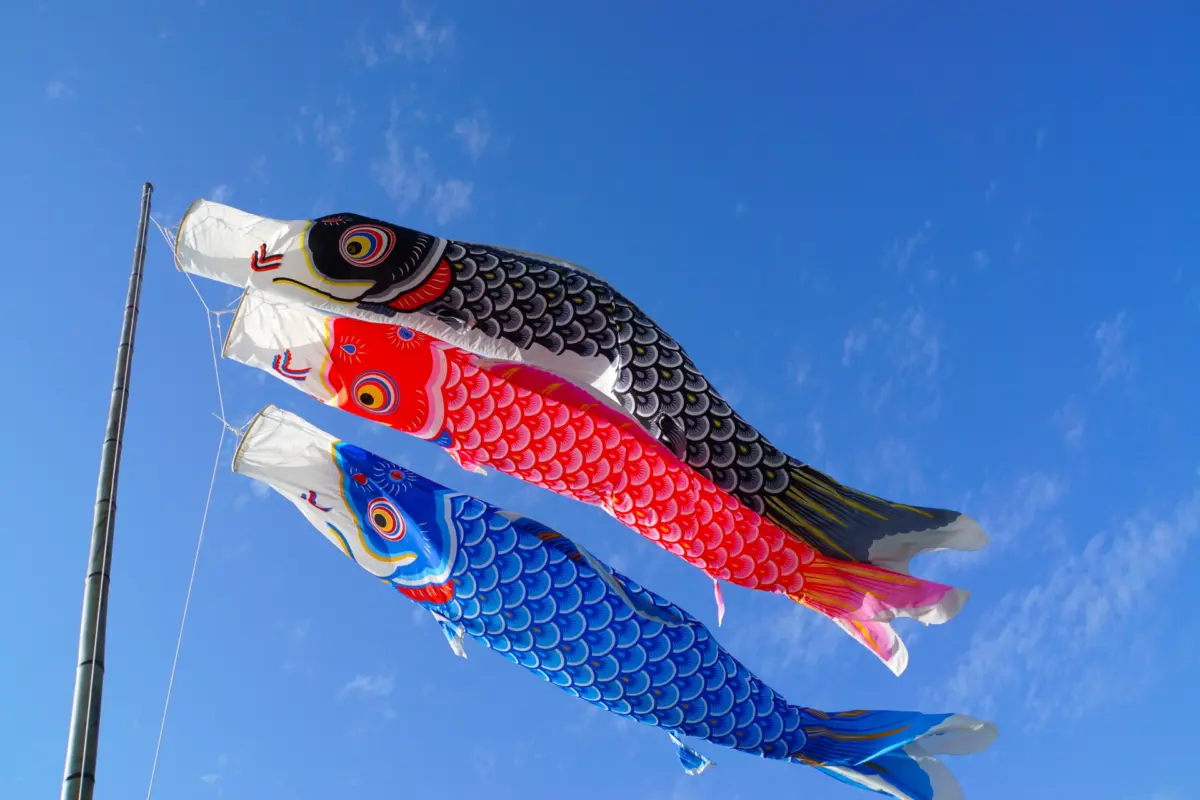
Part of Golden Week, Children’s Day celebrates the happiness and growth of children.
Families display koinobori (carp streamers) to wish their children strength and success.
9. Marine Day – Third Monday of July
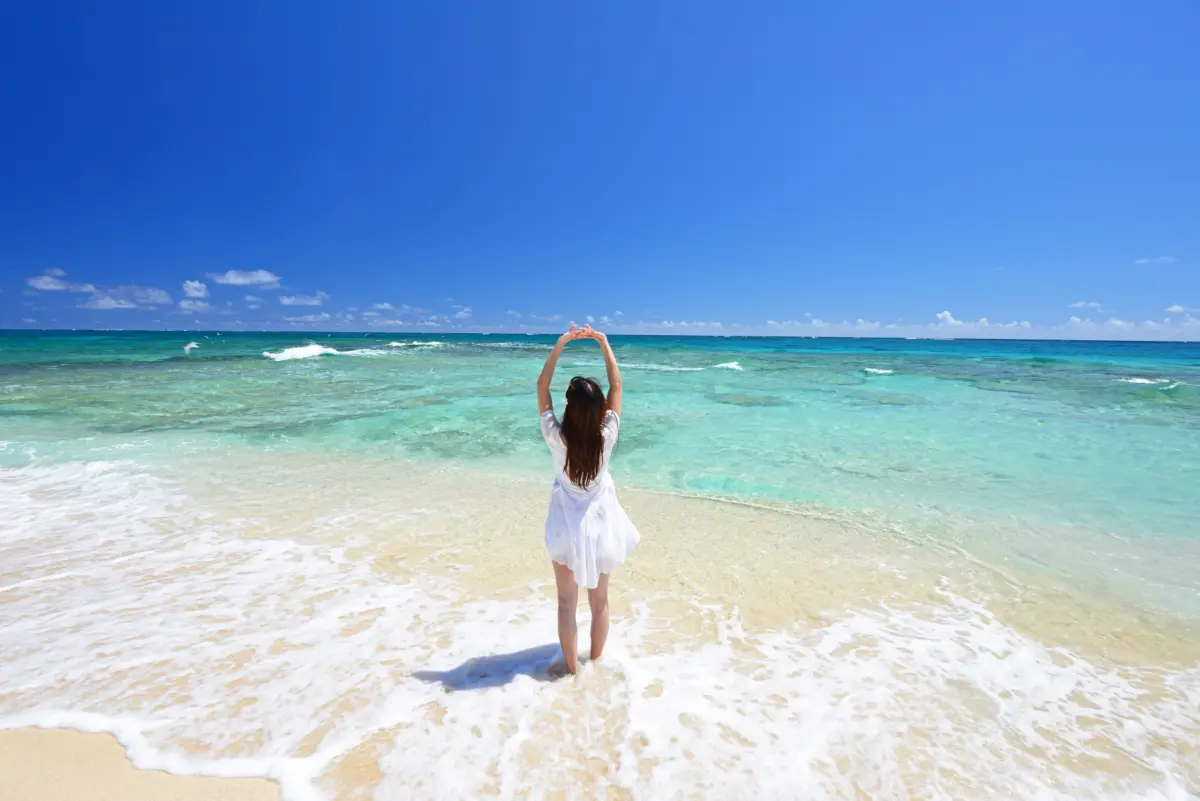
Marine Day celebrates Japan’s deep connection to the ocean and its maritime heritage.
People often visit beaches and enjoy water-related activities.
10. Mountain Day – August 11
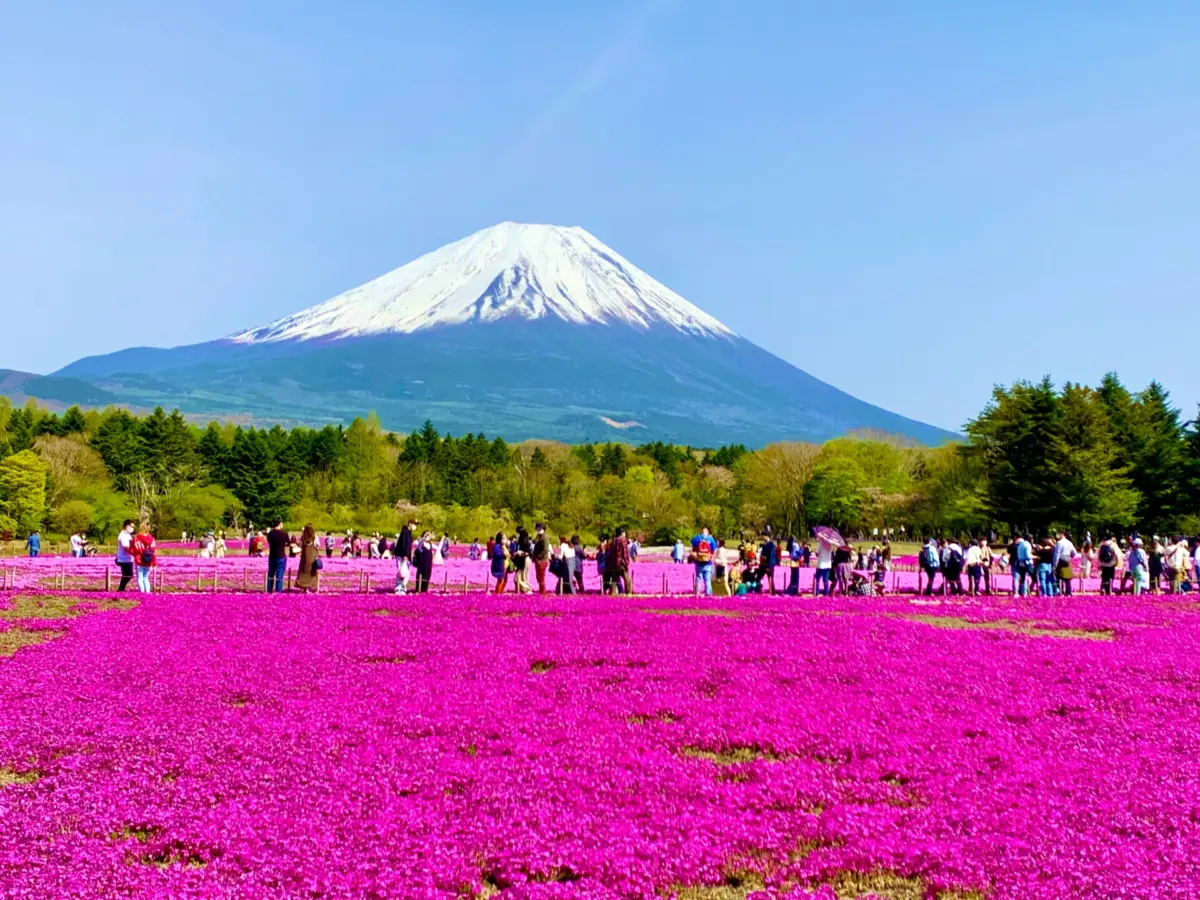
This holiday encourages people to appreciate Japan’s mountainous landscapes.
Many take the opportunity to hike or explore national parks.
11. Respect for the Aged Day – Third Monday of September
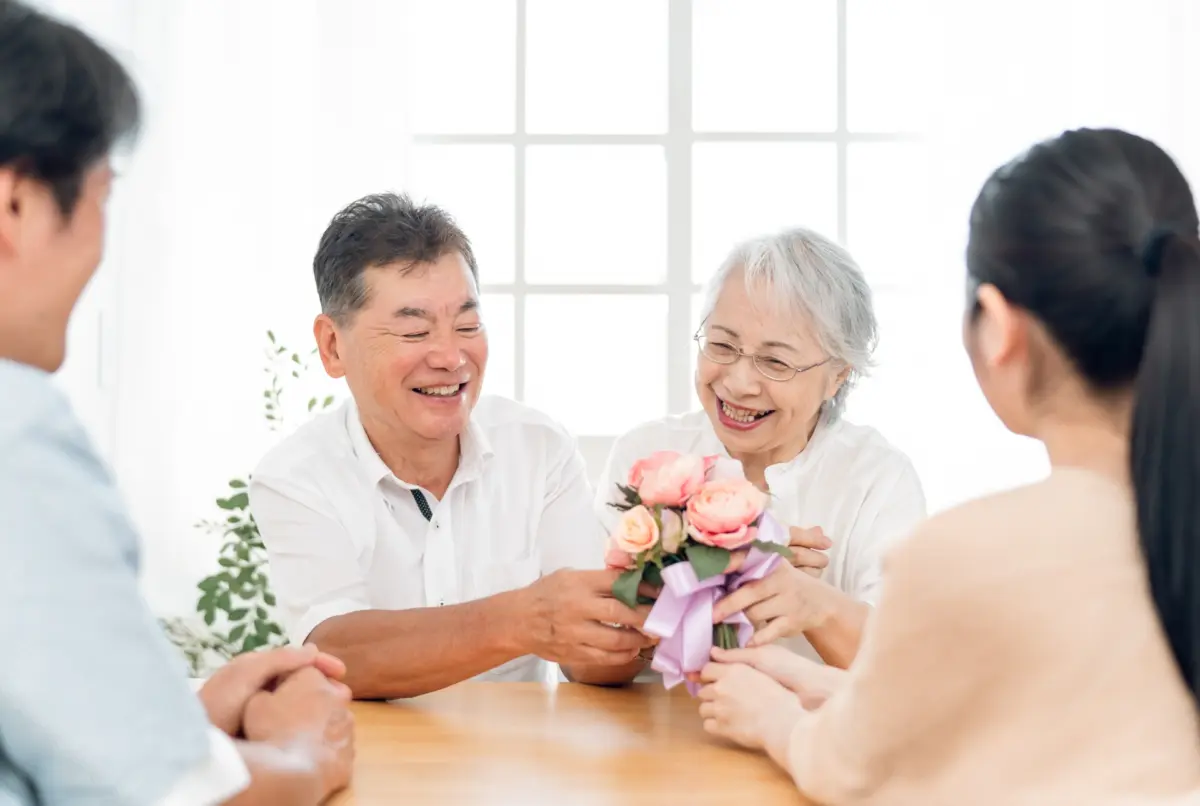
Respect for the Aged Day honors the wisdom and contributions of older generations.
Families often visit their elders, expressing gratitude and sharing time together.
12. Sports Day – Second Monday of October
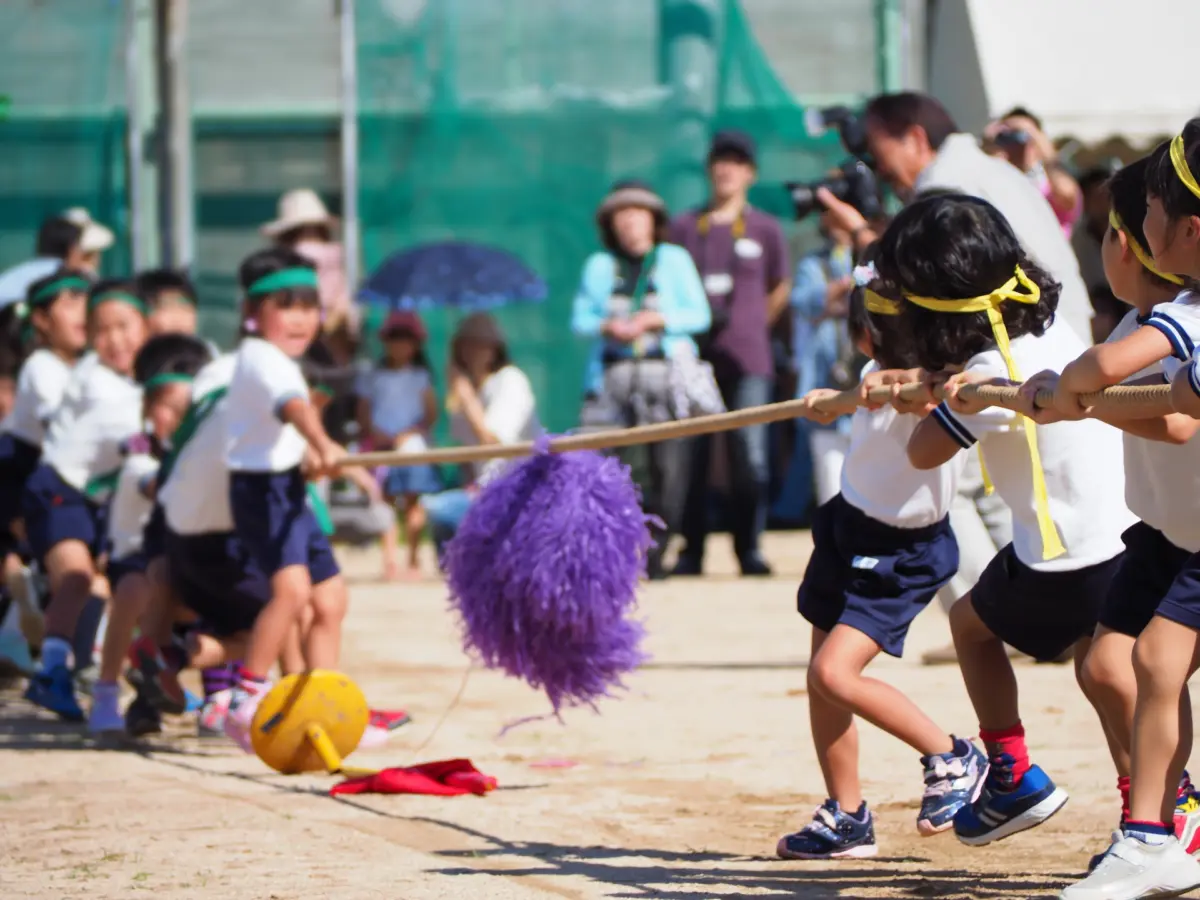
Sports Day promotes physical activity and community events.
Many schools and local organizations hold sports festivals, fostering health and teamwork.
Seasonal Festivals in Japan
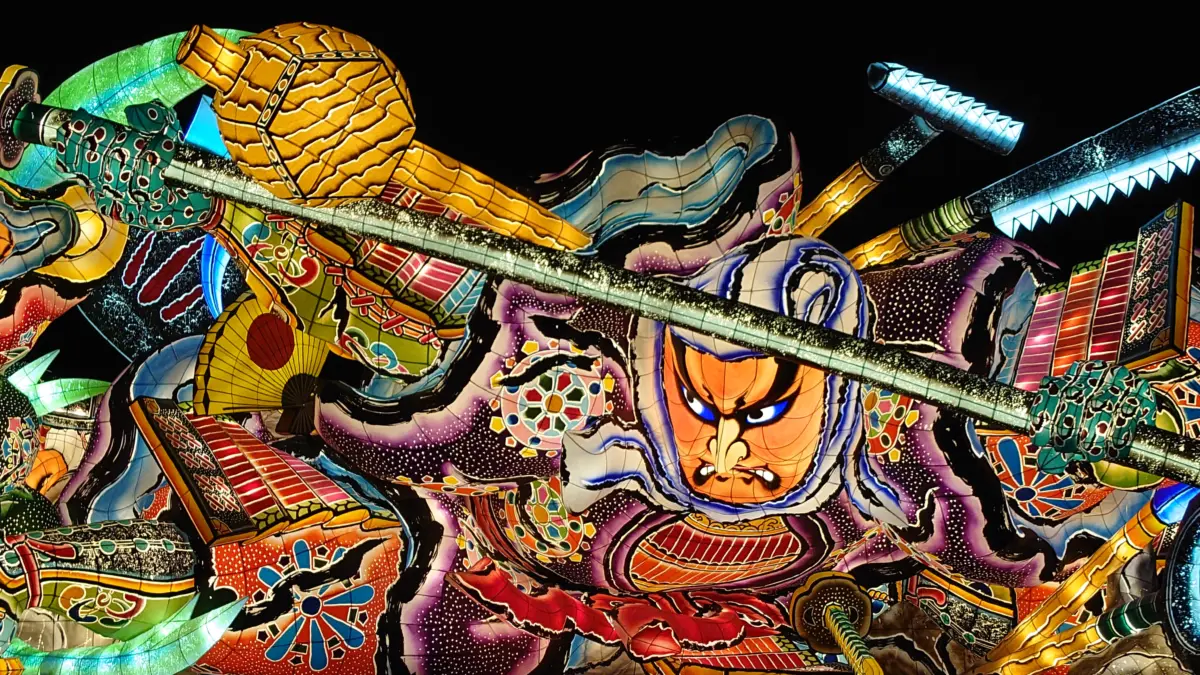
In addition to national holidays, Japan is home to countless seasonal festivals, each showcasing local traditions and creativity. Some highlights include:
Gion Matsuri (Kyoto, July):
A grand festival featuring elaborate floats and traditional performances. Learn more on the Gion Matsuri.
Awa Odori (Tokushima, August):
A lively dance festival with colorful costumes and upbeat music. Discover details on the Tokushima Awa Odori Official Site.
Nebuta Matsuri (Aomori, August):
Celebrated with large illuminated floats paraded through the streets. Find more information at the Aomori Nebuta Matsuri Official Site.
These festivals highlight Japan’s community spirit, artistic talent, and respect for tradition, making them a must-experience for locals and visitors alike.
FAQ About Japanese Holidays and Festivals
New Year’s Day (Shōgatsu) is Japan’s most significant holiday, marking the start of the New Year season. Many businesses close from December 29 to January 3 for celebrations.
Japan’s top three festivals are Gion Matsuri, Tenjin Matsuri, and Kanda Matsuri. These festivals honor historical figures and pray for good health and protection from disasters.
Festivals are called “matsuri” in Japanese. They vary in size and style, ranging from small and serene to grand and lively events.
Gion Matsuri, held in Kyoto every July, is the oldest and largest festival in Japan. It is linked to Yasaka Shrine and showcases traditional Japanese culture and art.

